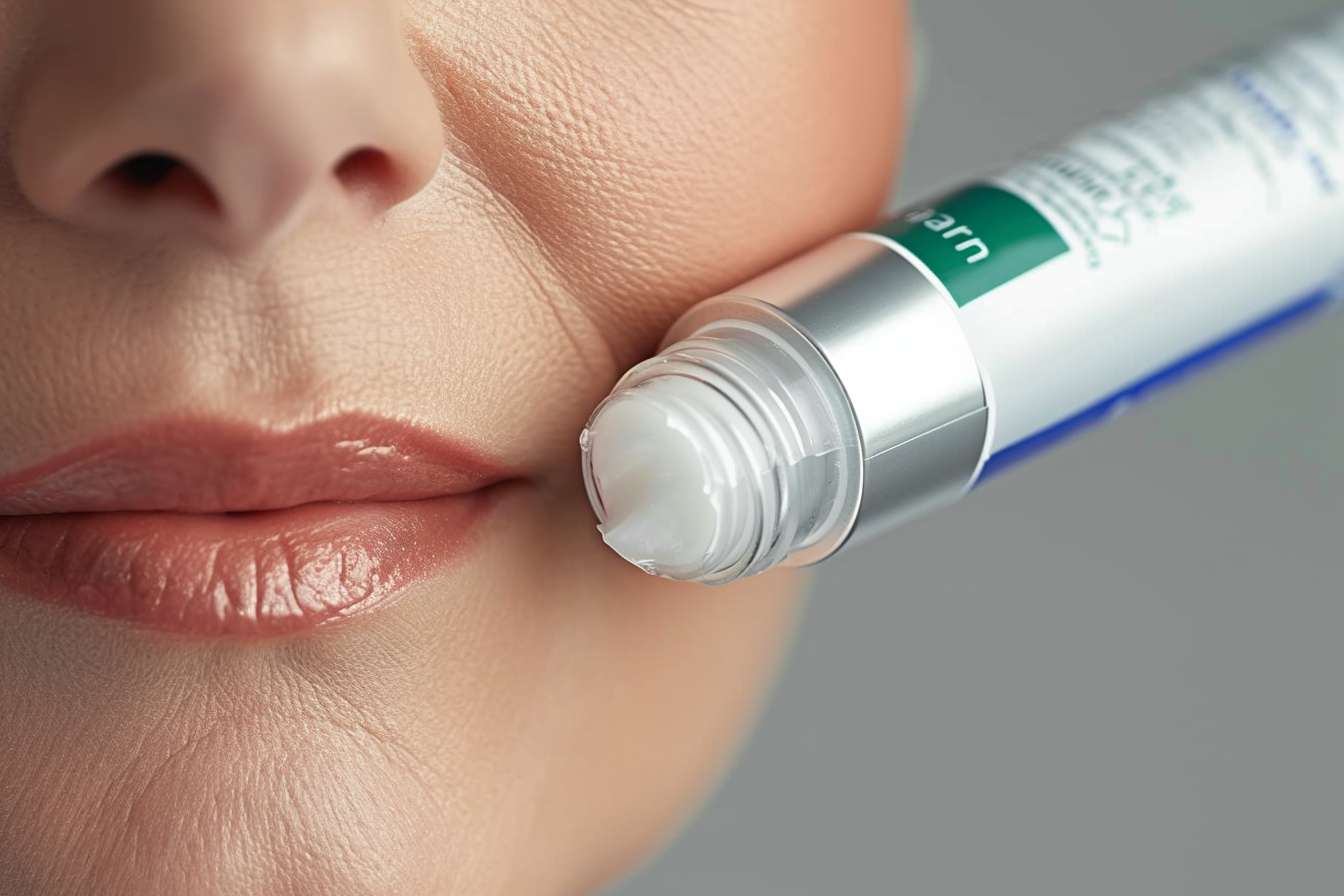Rejuvenating Wellness: The Science of Autophagy and Its Role in Health
Have you ever wondered how your body cleanses itself at a cellular level? This intricate process, known as autophagy, plays a critical role in maintaining optimal health and preventing diseases. Let's explore this fascinating biological phenomenon and its health implications.

Part 1: Understanding Autophagy
Autophagy, a term derived from the Greek words for ‘self’ and ‘eating,’ is a cellular process where the body eliminates damaged cells to generate new ones. This process is critical for maintaining the balance of cellular components and ensuring the efficient functioning of our bodies.
Discovered in the 1960s by Belgian scientist Christian de Duve, autophagy gained widespread attention when Yoshinori Ohsumi won the Nobel Prize in 2016 for his groundbreaking research on the mechanisms of autophagy. Today, autophagy is recognized as a crucial aspect of human health, influencing aging, immunity, and disease prevention.
Part 2: The Health Implications of Autophagy
Modern research suggests that autophagy plays a pivotal role in preventing diseases, including cancer, neurodegenerative disorders, and infections. By eliminating damaged cells, autophagy helps to maintain cellular health, reducing the risk of diseases caused by cellular dysfunction.
Moreover, autophagy has been linked to longevity. A study published in Nature Communications in 2018 suggested that enhanced autophagy activity in certain species contributed to extended lifespan. This discovery has stirred interest in the potential of autophagy as a target for anti-aging treatments.
Part 3: Modulating Autophagy for Health
While autophagy is a natural process, certain lifestyle factors can influence its activity. Regular exercise, for instance, can stimulate autophagy, as physical stress induces cellular cleaning. Similarly, dietary practices such as calorie restriction or consuming antioxidant-rich foods can enhance autophagy, contributing to overall wellness.
However, it’s essential to note that while stimulating autophagy can have health benefits, excessive autophagy may have adverse effects. As with all biological processes, balance is key.
Fascinating Facts about Autophagy:
-
Autophagy was first observed in yeast cells, which led to the discovery of its presence in human cells.
-
Certain types of exercise, such as high-intensity interval training (HIIT), can particularly stimulate autophagy.
-
Autophagy not only removes damaged cells but also recycles them to generate new cellular components.
In conclusion, autophagy, our body’s self-cleaning mechanism, plays a crucial role in maintaining health and preventing diseases. By understanding this process and its triggers, we can take steps towards enhancing our cellular health, paving the way for a healthier and longer life. Remember, when it comes to health, every cell counts!




